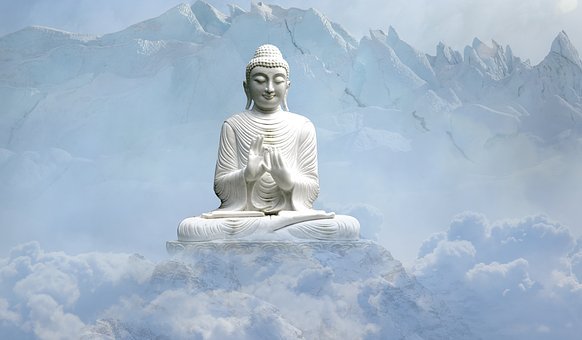Like the United Nations (UN), for which culture is one of the means of achieving the 17 sustainable development goals it has set itself for 2030, democracies no longer question causes the role of culture and intercultural exchanges in economic development and peace between peoples.
In France, in 2019, cultural activities totaled a production of 95.3 billion euros, according to a report by the Ministry of Culture, and the share of culture in the whole economy stood at 2, 3%. Nearly 693,000 people worked in these sectors (2.6% of the working population). In reality, these numbers are much higher. They take into account neither the indirect economic benefits of culture, nor the totality of the activity of digital players, nor the contribution of free services. Moreover, culture and, even more so, cultural diversity are a driving force for economic development, allowing everyone to lead a more satisfying intellectual, emotional and spiritual life, and to deploy their energy. Finally, in times of crisis, as the Covid-19 pandemic has shown us, culture is a provider of well-being and exchanges. At a time of the temptation to de-globalize and withdraw into oneself, having a rich, open culture that reflects all civilizations and sensitivities is indeed a considerable asset for economic development.
Want to live together
The cultural dimension is present in three quarters of major world conflicts. Attacks on freedom and cultural diversity, observed in some countries, often go hand in hand with belligerent governments and/or serious internal crises. The invasion of Ukraine by Russia, the civil wars in Syria and Yemen, or the conflict in Tigray are just a few examples among the thousands that have marked history. With the return of war to Europe, on our doorstep, it is impossible for us to ignore the importance of exchange between peoples and of knowledge of foreign countries and their differences in order to preserve peace. Culture then offers itself undeniably as an extraordinary binder of peoples.
Governments and supra-governmental organizations, including the United Nations Educational, Scientific and Cultural Organization (UNESCO), play a major role in carrying out the fight for peace through culture. The universal declaration of Unesco on cultural diversity states in particular: “In our increasingly diversified societies, it is essential to ensure harmonious interaction and a desire to live together of people and groups with cultural identities that are both plural , varied and dynamic. Policies promoting the integration and participation of all citizens guarantee social cohesion, the vitality of civil society and peace. »
Governments, public companies and private companies must act in this direction. The content industries, of which Vivendi is one of the world leaders, are in the front line because of their power of influence. This influence has grown with the digitization of society and the democratization of the smartphone from an early age. On almost all continents, we are bombarded with content, useful or less useful. It is our social responsibility to be vigilant, especially in the face of the amplification of this content on social networks. Criticized because the place of many abuses, these also allow different cultures to communicate with each other and can thus contribute to the knowledge, acceptance and recognition of others.
European wealth
Europe benefits from a valuable cultural wealth compared to other geographical areas where content is more standardized. Our governments are fighting against dietary obesity. What about cultural obesity? When will an advertisement on five different cultural products per day? Why not wake up to Carnatic chants from South India, play the Asphalt video game while on public transport, listen to an opera directed by Herbert von Karajan back home, watch the film Golden Helmet after dinner, and finally read The Most Secret Memory of Men by Mohamed Mbougar Sarr before going to sleep?
Vivendi supports such creation that is diverse, rich and accessible to all audiences. This is the meaning of its CSR policy, Creation for the Future, and its approach when, for example, in 2021, Editis, the number two publisher in France, launched Le Bruit du monde, a house on the program editorial open to the world. Last March, the video game publisher Gameloft created Exploratio, a game whose ambition is to discover the richness of French and to promote mastery of it. Last year, Canal+ Group spent 50% of its investments on local programs, invested 500 million euros in French and European cinema, and restored or digitized 120 old films. Finally, Vivendi set up a solidarity program, Vivendi Create Joy, in 2008 and will soon create a foundation, one of the objectives of which will be to make culture accessible to young people from underprivileged backgrounds.
The momentum must continue. Europe, via its public and private actors, must continue to support and fund culture. Its economic development and peace between peoples are at stake.
Yannick Boloré: “Culture, a key player in economic development and peace between peoples”

